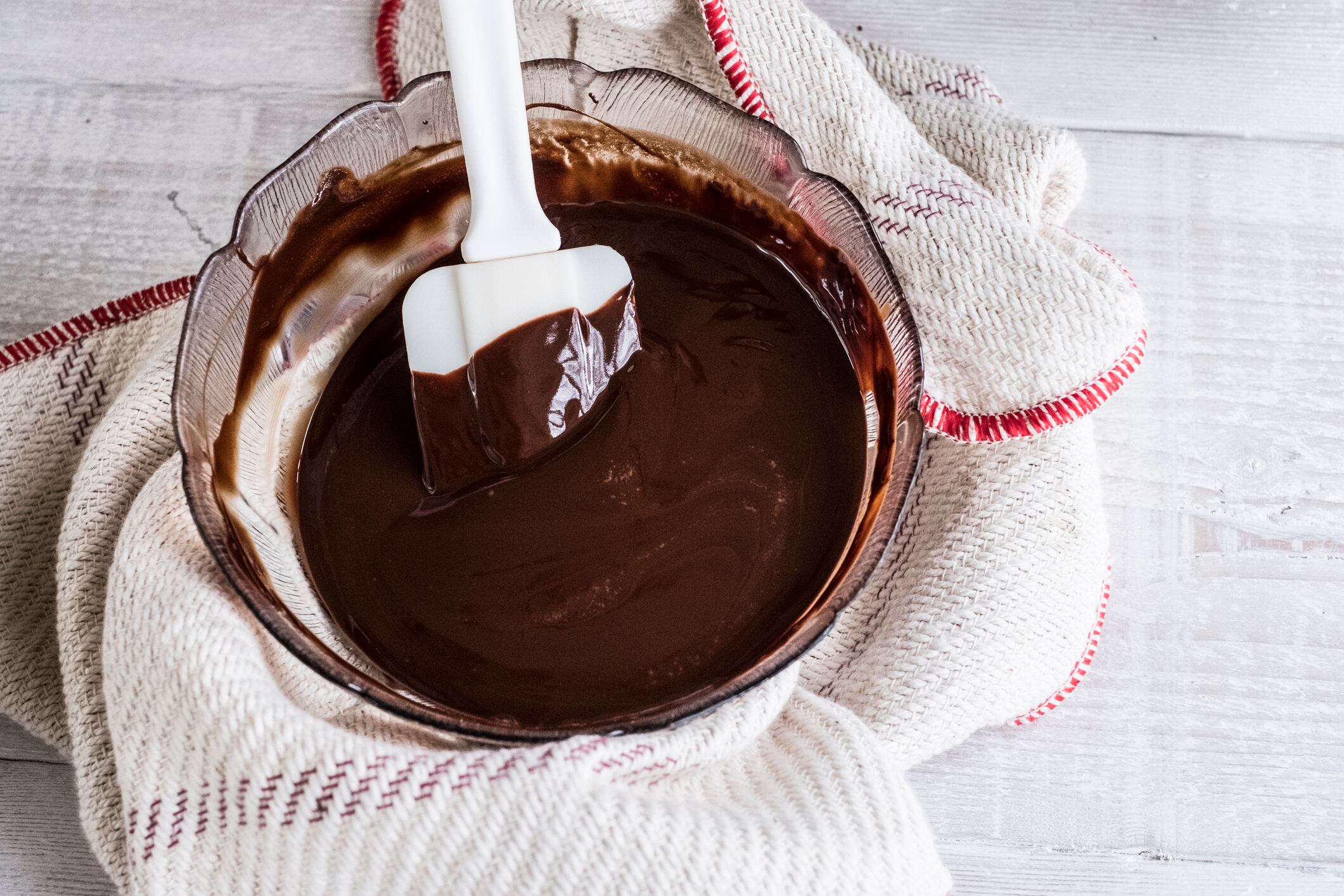Eating dark chocolate may positively affect mood and relieve depressive symptoms, according to a study looking at whether different types of chocolate are associated with mood disorders.
The study, published in Depression and Anxiety, is the first to examine the association with depression according to the type of chocolate consumed.
Researchers from UCL, a London University, worked in collaboration with scientists from the University of Calgary and Alberta Health Services Canada and assessed data from 13,626 adults from the US National Health and Nutrition Examination Survey. Participants’ chocolate consumption was assessed against their scores on the Patient Health Questionnaire, which assesses depressive symptoms.
In the cross-sectional study, a range of other factors including height, weight, marital status, ethnicity, education, household income, physical activity, smoking and chronic health problems were also taken into account to ensure the study only measured chocolate’s effect on depressive symptoms.
After adjusting for these factors, it was found that individuals who reported eating any dark chocolate in two 24-hour periods had 70% lower odds of reporting clinically relevant depressive symptoms than those who reported not eating chocolate at all. The 25% of chocolate consumers who ate the most chocolate (of any kind, not just dark) were also less likely to report depressive symptoms than those who didn’t eat chocolate at all. However researchers found no significant link between any non‐dark chocolate consumption and clinically relevant depressive symptoms.
Lead author Dr Sarah Jackson (UCL Institute of Epidemiology & Health Care) said: “This study provides some evidence that consumption of chocolate, particularly dark chocolate, may be associated with reduced odds of clinically relevant depressive symptoms.
“However further research is required to clarify the direction of causation – it could be the case that depression causes people to lose their interest in eating chocolate, or there could be other factors that make people both less likely to eat dark chocolate and to be depressed.
“Should a causal relationship demonstrating a protective effect of chocolate consumption on depressive symptoms be established, the biological mechanism needs to be understood to determine the type and amount of chocolate consumption for optimal depression prevention and management.”
Depression affects more than 300 million people worldwide, according to the World Health Organization, and is the leading global cause of disability.
Phenylethylamine has a similar mood-boosting effect to cannabis
Chocolate is widely reported to have mood‐enhancing properties and several mechanisms for a relationship between chocolate and mood have been proposed.
Principally, chocolate contains a number of psychoactive ingredients which produce a feeling of euphoria similar to that of cannabinoids, found in cannabis. It also contains phenylethylamine, a neuromodulator which is believed to be important for regulating people’s moods.
Experimental evidence also suggests that mood improvements only take place if the chocolate is palatable and pleasant to eat, which suggests that the experience of enjoying chocolate is an important factor, not just the ingredients present.
While the above is true of all types of chocolate, dark chocolate has a higher concentration of flavonoids, antioxidant chemicals which have been shown to improve inflammatory profiles, which have been shown to play a role in the onset of depression.
Dr. Sarah Jackson, of the college’s Institute of Epidemiology and Health Care, said: “This study provides some evidence that consumption of chocolate, particularly dark chocolate, may be associated with reduced odds of clinically relevant depressive symptoms”.
On Twitter, Dr Jackson warned against treating dark chocolate as some sort of miracle drug, saying the results are “cross-sectional” and we “can’t be sure whether choc intake causes people to be less depressed, depression makes people less interested in eating choc, or another factor causes both”.
Other studies link a Med diet with reducing depressive symptoms
Past studies have suggested that a so-called Mediterranean diet can play a role in cutting the risk of depression.
A study published in the Journal of the American Medical Association earlier this year was the largest randomized clinical trial to study the effects of nutritional strategies on the prevention of major depressive disorder. The five-year study concluded that a Mediterranean style diet high in fruit, vegetables, whole grains, fish, pulses and olive oil, and low in red meat and full-fat dairy products, may reduce the risk of developing depression. It added that in people with obesity, weight loss can lead to a reduction in depressive symptoms. Further, it said that current evidence does not support the use of nutritional supplements in order to prevent depression.
Marjolein Visser, professor of healthy ageing at the Vrije Universiteit Amsterdam, who coordinated the study, told FoodNavigator: "Our focus was not on patients [so people diagnosed with depression] but on people who might have a higher risk of developing clinical depression. It seems that at least eating healthily [ie a Med diet] can contribute to your mental health, but we can’t say it prevents you from developing clinical depression."
So neither chocolate nor a Med diet can claim to cure a case of depression.
Peter Burn from UK-based Royal College of Psychiatrists added: "People on healthy diets have significantly lower rates of depression than people on unhealthy diets but that doesn't prove cause and effect. It might be the case, for example, that people whose mood is normal are better at controlling their environment and seeking out healthy foods."
He claimed factors such as poverty, social isolation and traumatic childhood experiences rise rates of depression and also the rates of unhealthy diets and obesity. "Removing all those factors you still have double the rates of depression in obese people," he said. He went on to suggest people who ate processed foods were lacking healthy gut microbes. “Many researchers are associating poor gut health with high levels of depression and psychological morbidity,” he stated.
Source
‘Is there a relationship between chocolate consumption and symptoms of depression? A cross‐sectional survey of 13,626 US adults’
Depression and Anxiety
Authors: Sarah E. Jackson, Lee Smith, Joseph Firth, Igor Grabovac, Pinar Soysal, Ai Koyanagi, Liang Hu, Brendon Stubbs, Jacopo Demurtas, Nicola Veronese, Xiangzhu Zhu, Lin Yang



